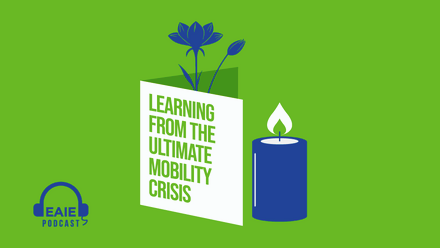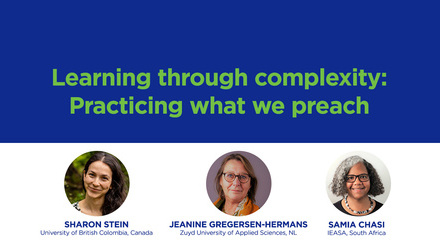Research Snapshot: Boosting student well-being

International student well-being and everyday community engagement experiences: An Australian study
Publication date: 13 January 2025
The research explored how international students’ participation and everyday community engagement experiences influence their well-being and resilience. Co-led by Dr Hannah Soong and Ass Prof Michael Mu, the research adopted a mixed-methods approach, combining quantitative and qualitative data collection and analysis. It included an online survey of 1,372 international students across multiple Australian tertiary institutions and focus group interviews with 16 international students. This dual approach provided statistical significance and a nuanced understanding of the students’ experiences. The project addressed the need for evidence-based strategies to support international students’ well-being and resilience. By understanding how community engagement impacts their experiences, the research aimed to inform future policies on the internationalisation of higher education, highlight its role in fostering civics and citizenship, and provide actionable recommendations to community leaders and policy-makers. The findings aim to create a more inclusive and supportive environment, benefiting both the student and the broader community, relevant to policy-makers and practitioners in regions like Europe. International students, local community leaders and members and higher education institutions may be interested in this research.
The research highlights how everyday organic interactions and encounters with local students and community members, along with the daily complexities of situations, shape international students' wellbeing, emphasising a shared responsibility.
About the authors
Key findings from the research
- Drawing on a mixed-methods study, it was found that for most international student participants, their everyday experiences in and beyond the university—particularly the ‘organic’ and dynamic interactions with local students, staff and community members—formed a key part of their well-being support system.
- The study revealed that their language use and engagement experiences significantly influenced international students’ well-being in the broader community, which played a dual role—both constraining and enabling—in navigating the complexities of their daily lives. For example, many students reported that the university’s demanding course structures, such as intensive coursework, multiple assessments within a single semester, and challenging placements, left them with limited time to prioritise their well-being. Simultaneously, their well-being was shaped by their interactions and language use in broader community settings, which either restricted or enhanced their sense of belonging.
- Drawing on Blumer’s symbolic interactionism as an analytical framework, the findings highlight the need to address international students’ well-being relationally, considering the interconnectedness of various contexts—on or off campus, physical or virtual, linguistic or cultural. This approach emphasises the importance of understanding well-being as a dynamic experience shaped by multiple, overlapping environments.








